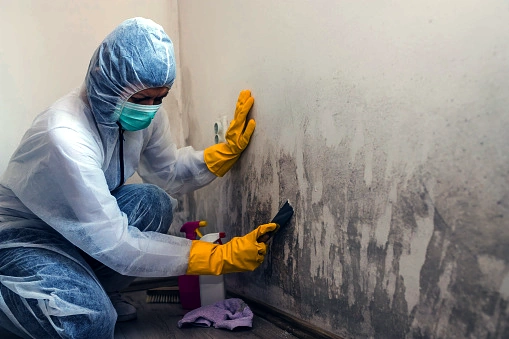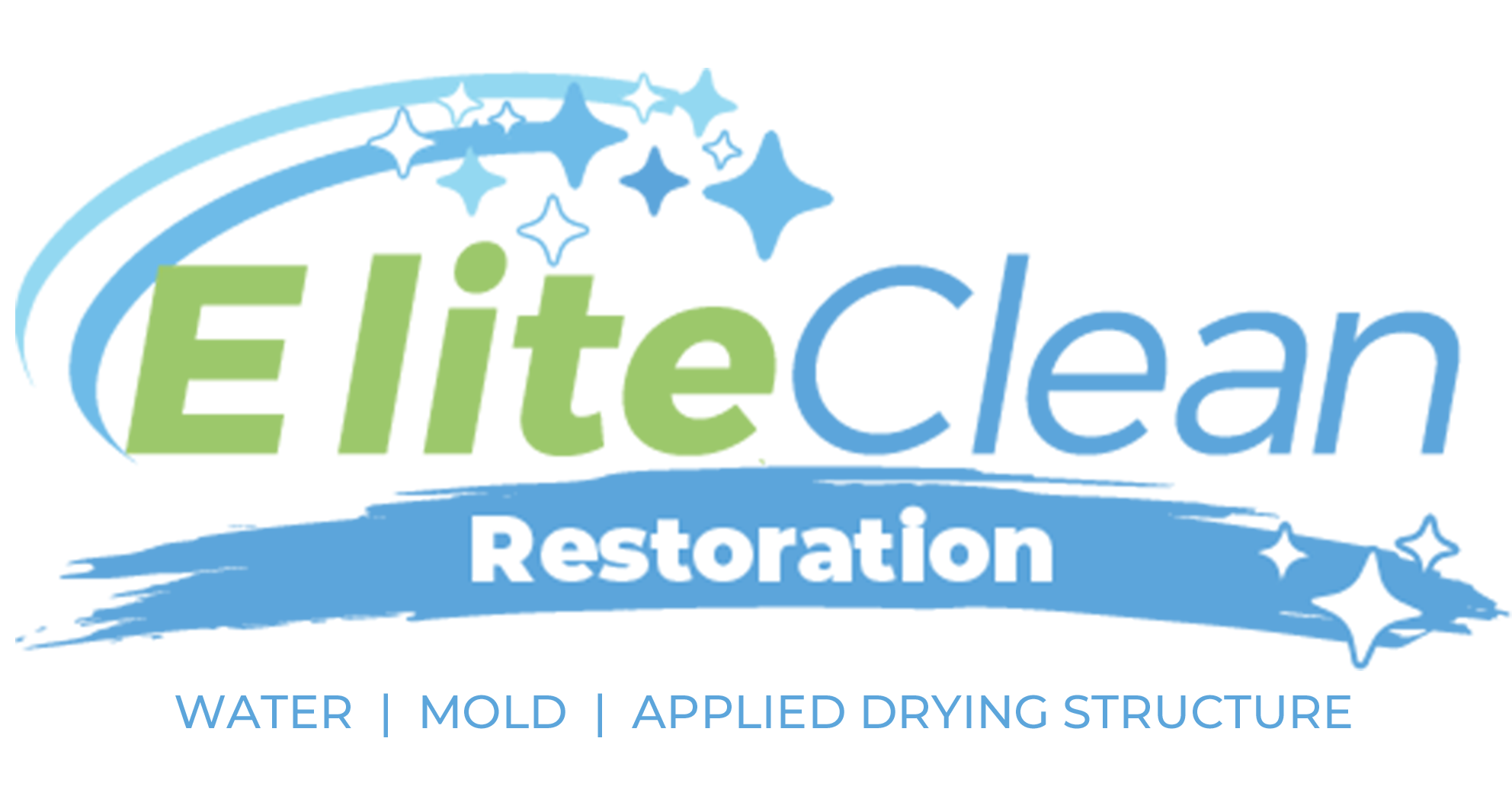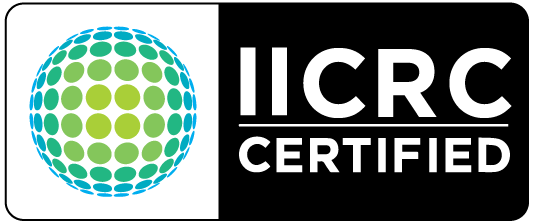Molds, as dangerous as they can be, are usually not a cause for concern unless mold spores settle on damp spots and begin to grow.
Mold spores are tiny particles that circulate in the air. When there are a lot of them, it can cause allergic reactions. Inhaling mold spores can cause allergic reactions.
Constant mold exposure may increase sensitivity, resulting in upper respiratory tract symptoms. Mold exposure has a significant impact on human health, in addition to causing mold allergy symptoms such as coughing and a runny nose.
This article provides relevant information, discusses how to prevent mold growth, and answers what health problems are caused by mold.
Five Health Problems Caused by Inhaling Mold Spores
Mold Triggers Allergy Symptoms
Mold spores are small enough to enter your lungs when you breathe moldy air. However, not everyone reacts immediately to the presence of mold in their airways.
However, if you are allergic to mold, your immune system may react by attacking the foreign substances and causing fever-like symptoms such as red eyes, nasal congestion, or itchy skin.
It Can Cause a Cough
Even if you don’t have a respiratory problem or allergies, mold can irritate your lungs and cause a cough. Coughing and wheezing may be the first signs that you’ve been exposed to a lot of molds.
Possible Respiratory Illnesses
Mycotoxins are allergens, irritants, and potentially toxic substances produced by mold. Allergens are to blame for allergic reactions. Allergic reactions can occur when sensitive people touch or inhale mold spores or mold itself. Mold inhalation can cause airway inflammation, making people more vulnerable to fungal infections.
Lung Infection
Lung infection is one of the major risks associated with mold exposure. Constant mold inhalation and interaction can cause severe lung problems, especially in people with compromised immune systems. One of the many mold-caused infections is aspergillosis.
Asthma
Even in healthy people, mold exposure can significantly contribute to the development of asthma. If your immune system is weak, you may notice asthma symptoms earlier.
Asthma is a chronic respiratory condition that impairs breathing, and there is currently no cure for this potentially fatal health condition.
What Are the Signs and Symptoms of Mold Exposure?
Inhaling or touching mold spores can cause mold allergies like:
- Lung irritation
- Headache
- Skin rash
- Wheezing
- Sore throat
- Eye irritation
- Runny or stuffy nose
- Cough and postnasal drip
What Causes Mold Allergy?
Mold growth is primarily caused by excessive moisture, which spreads to other areas to form new colonies via its spores. The spores degrade, move through the air, and settle on wet surfaces.
Mold Allergy Treatment
To reduce the presence of mold, the best way to address a mold allergy is to consciously avoid mold growth in your space. Though mold cannot be completely removed from your home, it can be reduced.
Reducing indoor mold can be difficult, especially if you live in a warm, damp climate. However, dampness can be addressed by repairing pipe leaks, faulty appliances, and other moisture sources as soon as they are discovered.

Who is Most at Risk of Health Issues Related to Mold Exposure?
People, including children, who work or live in poorly ventilated buildings or in moist environments are at a high risk of developing mold-related illnesses.
Infants, children, the elderly, people with compromised immune systems, and people with respiratory issues are especially vulnerable to severe health problems.
Perhaps you or a family member fall into one of these categories and are looking for a professional mold remediation service to check for mold and control mold growth in your space; Elite Clean Restoration is only a phone call away. Please call us at 317-854-5720.
Mold Allergy and Asthma
If you have asthma and a mold allergy, mold exposure can exacerbate your asthma symptoms. Some people develop severe asthma attacks after being exposed to certain molds. Asthma symptoms and signs include:
- Wheezing
- Coughing
- Chest tightness
- Shortness of breath
Signs You May Have a Mold Problem
If you see or smell mold in your home, don’t hesitate to contact a professional; it’s a serious problem. All molds have the potential to cause illness and must be removed as soon as possible.
Mold begins as tiny spots on walls, ceilings, and other moist areas, and you may not notice it in the early stages unless the smell alerts you.
Practical Tips for Preventing Mold
Around the House:
- Reduce moisture in indoor air using an air conditioner or humidifier, especially in hot and humid climates.
- Maintain an indoor humidity of less than 60%, if possible.
- Clean air conditioning drip pans.
- Keep your space warm in cold weather.
- Insulate cold surfaces like windows, floors, and exterior walls to reduce condensation.
- Dry wet areas as quickly as possible to prevent mold growth.
- Fix leaks and seepage.
- Schedule regular maintenance for your heating and cooling system to ensure it’s working efficiently to remove humidity.
In the Kitchen:
- Expel moisture from your kitchen space with exhaust fans when cooking or cleaning.
- Turn off certain appliances if they encourage moisture formation on windows and other surfaces.
- Inspect your sink and other water sources for leaks.
- Empty refrigerator drip pans
In the Basement and Other Areas:
- Have a professional inspect your basement floor for leaks, as moisture can enter your house by seeping through the basement floor or walls.
- Ensure your gutters are working properly.
- Proper ventilation of crawl spaces.
In the Laundry and Bathroom:
- Avoid leaving damp clothes in the dryer
- Replace wall-to-wall carpeting with area rugs
- Inspect the basin and tub areas for leaks
- Avoid leaving damp clothes in the laundry
Keep in mind that moisture control is the ultimate solution to mold control. If you find mold in your home, contact a mold removal company and have the moisture problem fixed.
Contact Elite Clean Restoration for Professional Mold Cleanup
If you smell or see mold in your home, you must act quickly before the situation worsens. You must also address the source of the dampness to avoid creating a mold-friendly environment.
Hiring professionals is the only way to deal with a mold infestation. Elite Clean Restoration has the resources to assist you in reducing mold in your environment. Call us at 317-854-5720 today.

